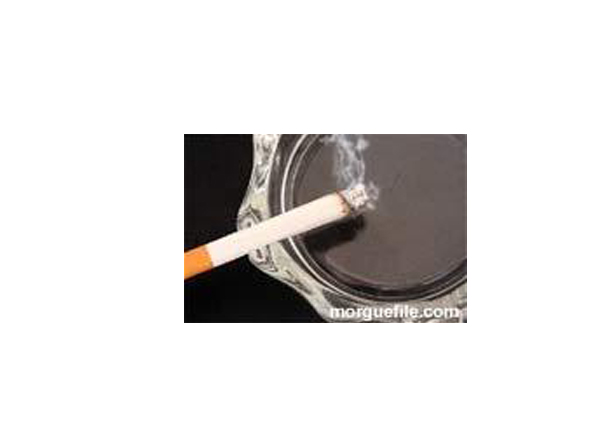
Scientists have detected cancer-causing chemicals associated with tobacco smoke in the urine of infants whose parents smoke.
The finding, detailed in the May issue of the journal Cancer Epidemiology, Biomarkers & Prevention, supports the idea that persistent exposure to secondhand tobacco smoke in childhood can contribute to the development of cancer later in life, said study team member Stephen Hecht of the Cancer Center at the University of Minnesota.
"The take home message is, 'Don't smoke around your kids,'" Hecht said.
The researchers collected urine from 144 infants, aged 3 months to 12 months, who lived in homes where at least one parent was a smoker. Urine from nearly half of the infants contained detectable levels of NNAL, a chemical byproduct produced in the human body when it processes NNK, a cancer-causing chemical, or carcinogen, found only in tobacco.
"You don't find NNAL in urine except in people who are exposed to tobacco smoke, whether they're adults, children or infants," Hecht said.
In the families of babies who had detectable levels of NNAL, family members reported smoking an average of 76 cigarettes per week. For babies who had no detectable levels of NNAL in their urine, the average number of cigarettes reportedly smoked by family members was 27 per week.
Levels of urinary NNAL in the infants were higher than that seen in older children and adults exposed to secondhand smoke. The researchers suspect this is due to infants being less able to move around and avoid the smoke. They also hypothesize that it might not be enough simply to stop smoking in the presence of babies, since NNAL and nicotine could potentially cling to dust and the surfaces of household objects.
Sign up for the Live Science daily newsletter now
Get the world’s most fascinating discoveries delivered straight to your inbox.
A previous study by Hecht and his colleagues indicated that the first urine from newborns whose mothers smoked during pregnancy contained even higher levels of NNAL compared to babies in the current study.
The new research also included a six-month intervention program to help mothers decrease their child's exposure to secondhand tobacco smoke.









